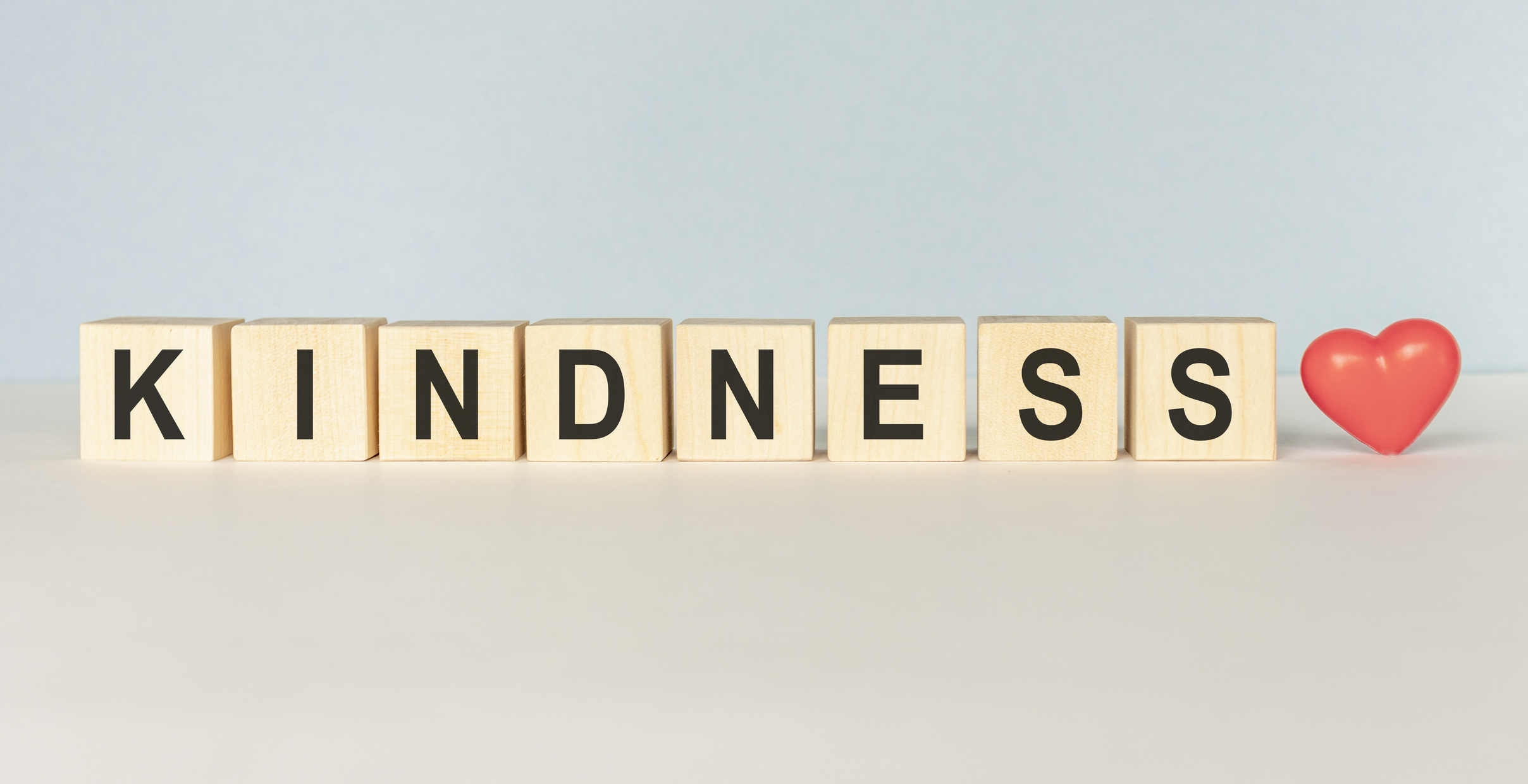November 6, 2023

In a world that is currently heavy with pain and fear, kindness is needed. In this blog post, we will explore the profound impact of kindness on individuals, communities, and the world as a whole. We’ll touch on the science of kindness, the benefits it offers, and how you can cultivate kindness in your life.
The Science of Kindness
Kindness is more than just a warm feeling; it’s a fundamental part of our biology. Studies have shown that when we perform acts of kindness, our brain releases chemicals like dopamine and oxytocin, which make us feel happy and connected to others. These “feel-good” chemicals not only boost our mood but also reduce stress and anxiety.
Moreover, engaging in acts of kindness is associated with lower blood pressure and enhanced heart health. It turns out that kindness isn’t just good for the soul; it’s beneficial for the body too.
The Ripple Effect
One of the most beautiful aspects of kindness is its ability to create a ripple effect. When you’re kind to someone, it often inspires them to be kind to others. This simple act of goodwill can set off a chain reaction of positivity that can touch countless lives. The smile you share with a stranger may brighten their day and encourage them to do the same for someone else. It’s a powerful cycle that multiplies the impact of kindness exponentially.
Kindness and Mental Health
Kindness isn’t only about helping others; it also has a profound impact on your mental well-being. Engaging in acts of kindness boosts your self-esteem and overall life satisfaction. It helps you cultivate a more positive outlook and a greater sense of purpose. When you make others feel good, you can’t help but feel good yourself.
Kindness in Communities
Communities that prioritize kindness are often happier, more connected, and resilient. Acts of kindness foster a sense of unity, create stronger social bonds, and reduce conflict. Whether it’s a neighbor lending a hand, a local charity providing assistance, or a school promoting kindness education, these actions strengthen the fabric of society.
Cultivating Kindness
Here are some ways you can cultivate kindness in your life:
- Start with yourself: Practice self-compassion and kindness towards yourself. It’s easier to be kind to others when you are with yourself.
- Small acts, big impact: Kindness doesn’t have to be grand gestures. Small acts, like complimenting someone, holding the door, or listening to a friend, can make a significant difference.
- Volunteer: Find opportunities to help others in your community or support charitable organizations.
- Practice empathy: Try to understand the perspectives and feelings of others. Empathy is the foundation of kindness.
- Be mindful: Be present in the moment and aware of the opportunities to be kind that arise in your daily life.
Kindness is a force for good that has the power to change the world, one act at a time. From the release of “feel-good” chemicals in our brain to the creation of positive ripple effects in communities, kindness enriches our lives in countless ways. By fostering kindness within ourselves and spreading it to others, we contribute to a brighter, more compassionate world. Remember, kindness is contagious, and every small gesture you make has the potential to make a big difference. So, let’s embrace the power of kindness and create a ripple effect of good that can transform our lives and our world.
For more on kindness, check out the following resources:
- https://inspirekindness.com/blog/kindness-101
- https://www.columbiapsychiatry.org/news/science-kindness
- https://www.everydayhealth.com/emotional-health/ways-being-kind-is-good-for-your-health-and-wellbeing/
- https://greatergood.berkeley.edu/article/item/three_strategies_for_bringing_more_kindness_into_your_life
- https://www.psychiatry.org/news-room/apa-blogs/mental-health-benefits-simple-acts-of-kindness
- https://medium.com/kindlab/does-kindness-create-happiness-19126c5883ff


